On 3 July, the Tatoyan Foundation held its second training session, this time dedicated to negotiation skills, under the title “Effective Persuasion.” Arthur Martirosyan, an international expert in conflict resolution and complex negotiations, presented techniques on how to deliver clear and persuasive messages during negotiations, avoid manipulation from the other party, and achieve desired outcomes through well-structured arguments. He also answered questions from the audience. “Of course, we don’t aim to build full-fledged skills through such short training.
Our focus is more on highlighting the directions in which these skills can be developed, so that one can achieve desired outcomes from negotiations without damaging interpersonal relationships,” said Arthur Martirosyan. David Ananyan, CEO of DSA Consulting Group, highlighted the importance of persuasive communication in business as well.
“The key takeaway from today’s meeting is that, whether in internal or external communication, persuasion is not about coercion – it is a process of listening, understanding, empathising, and reasoning.” Participants emphasised the value of real-life examples shared during the lecture, which illustrated the impact of communication across various levels.
“What struck me most was the fact that our actions are often driven by emotions, and we rarely engage the part of the brain responsible for rational thinking. The explanation is that doing so actually allows the brain to relax,” said Lucy Khalatyan, a student at the American University of Armenia. Another participant, Arus Khlopuzian, noted that the training helped her understand how to further develop her persuasive skills. “I used to have a very different view of negotiation and effective communication, but now I realise how essential they are—not only professionally, but also in one’s personal life,” she said.
The session was attended mainly by students and young professionals from various fields. It’s worth noting that the first training in the series focused on developing communication skills for leaders.
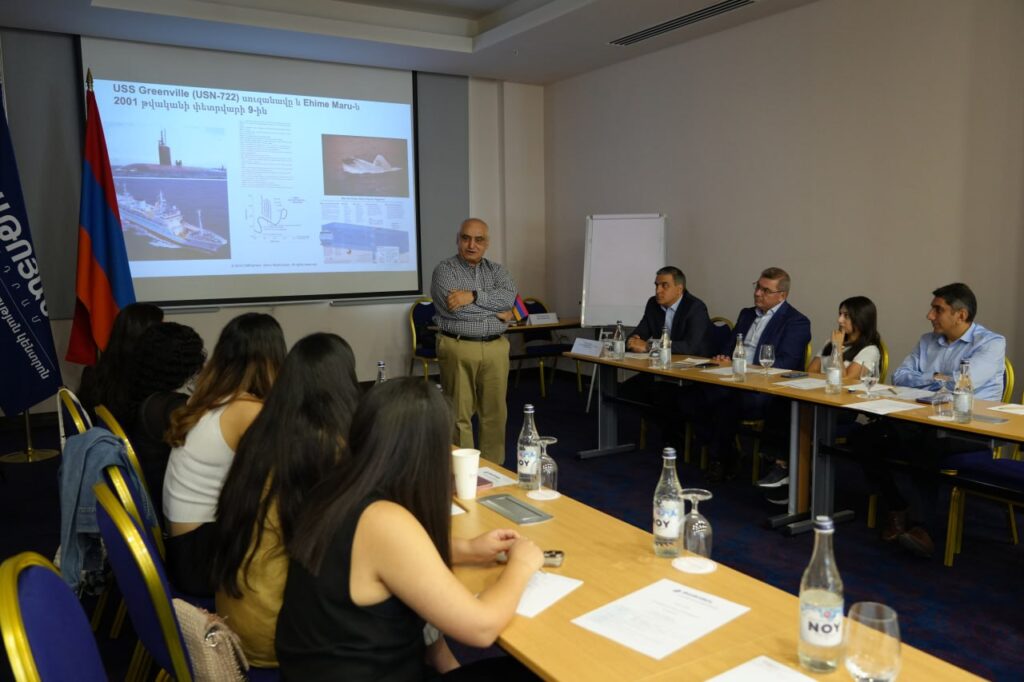
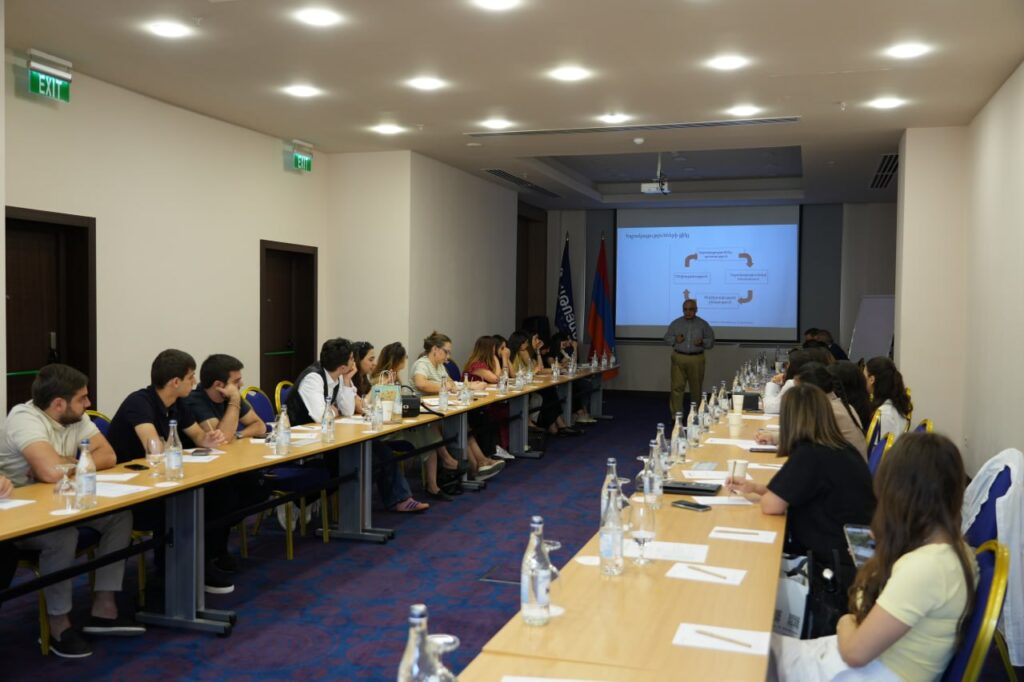

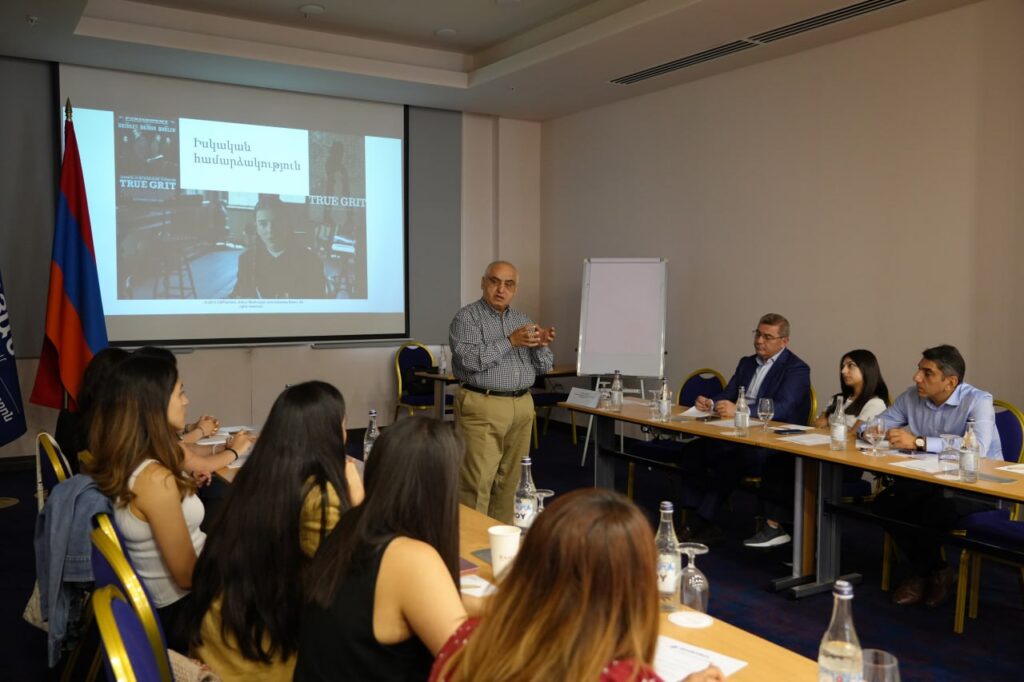
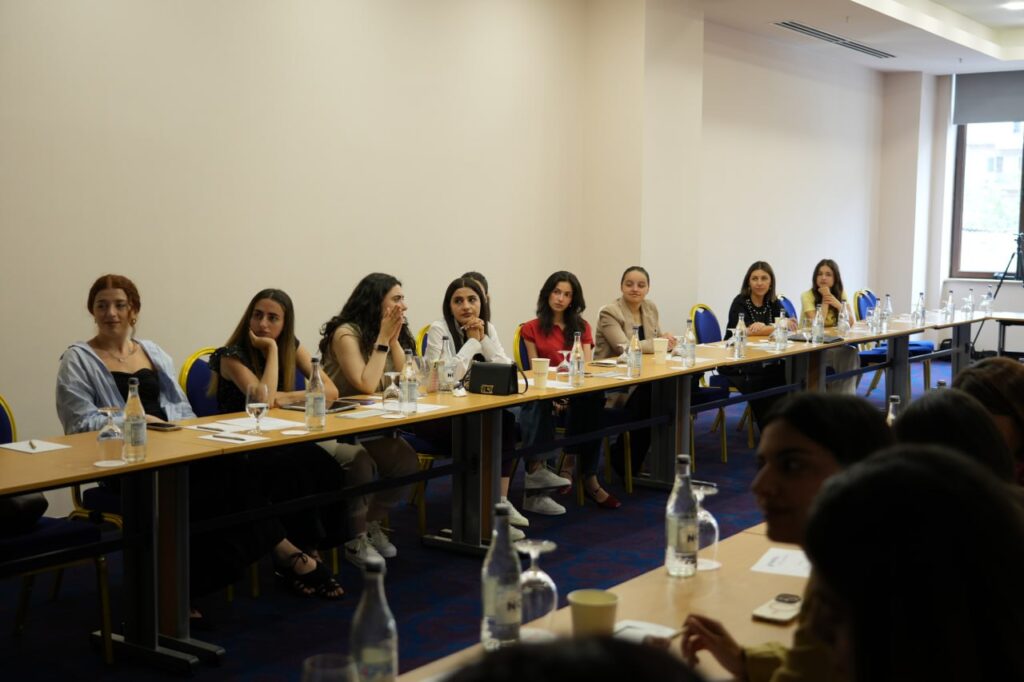
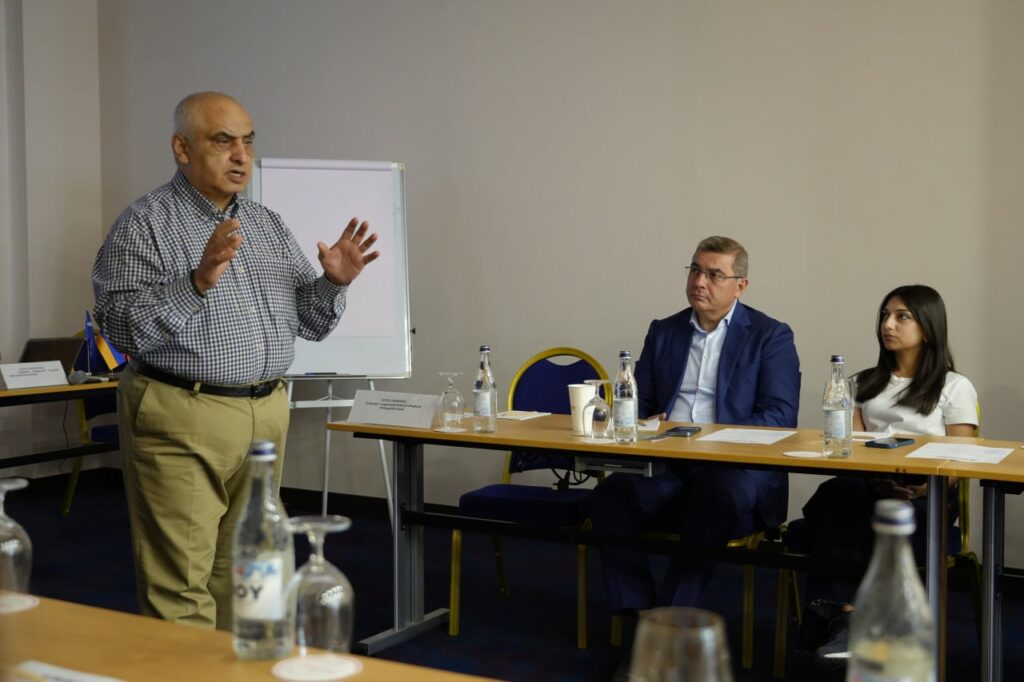
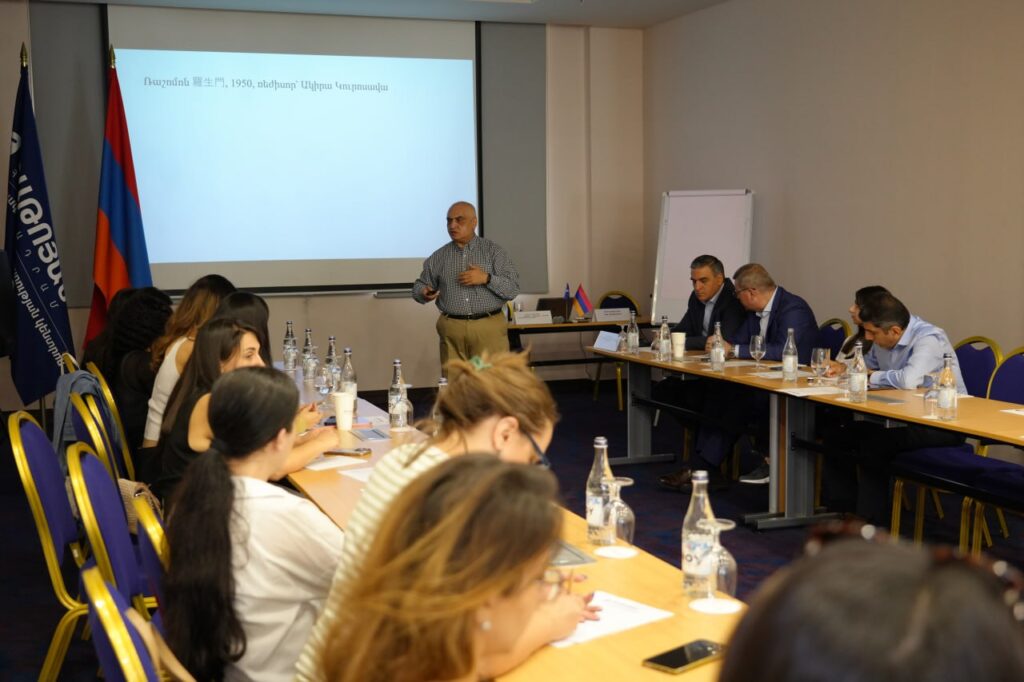
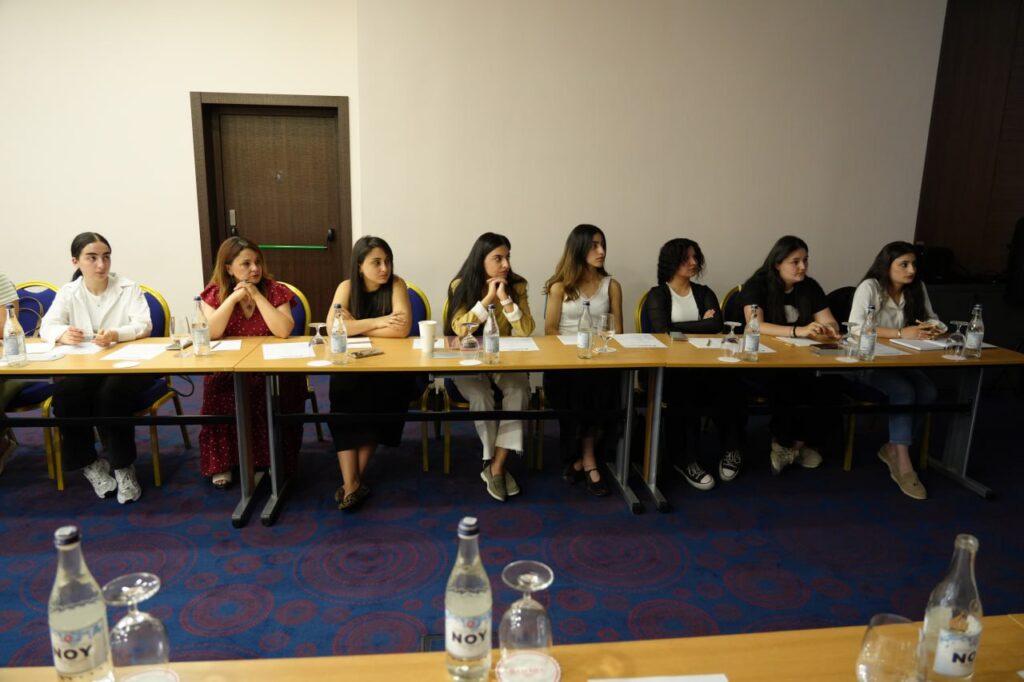
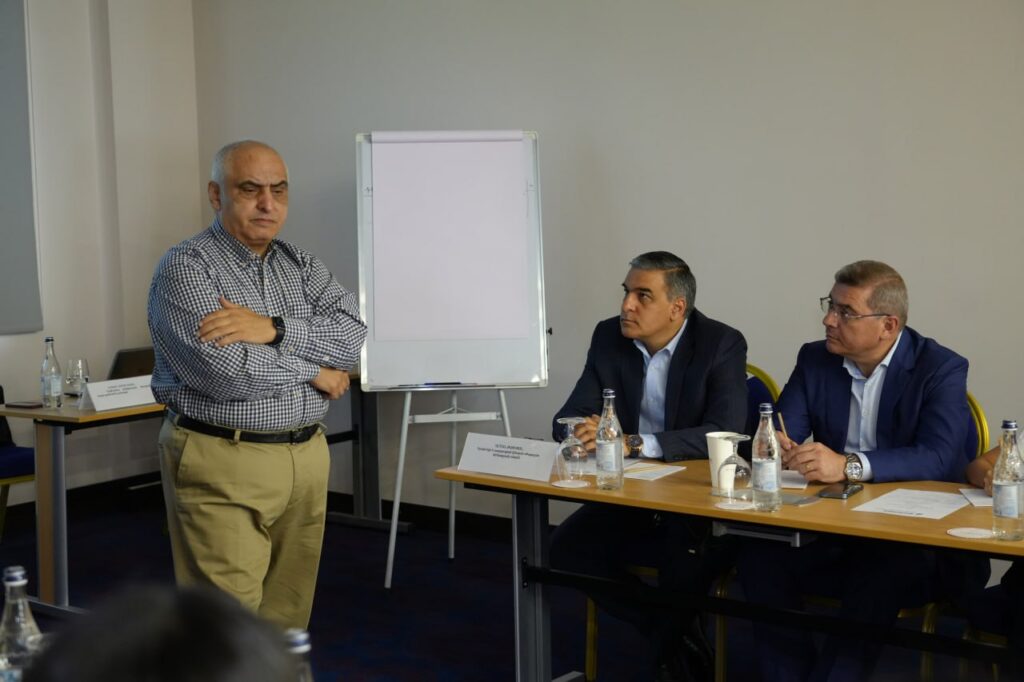
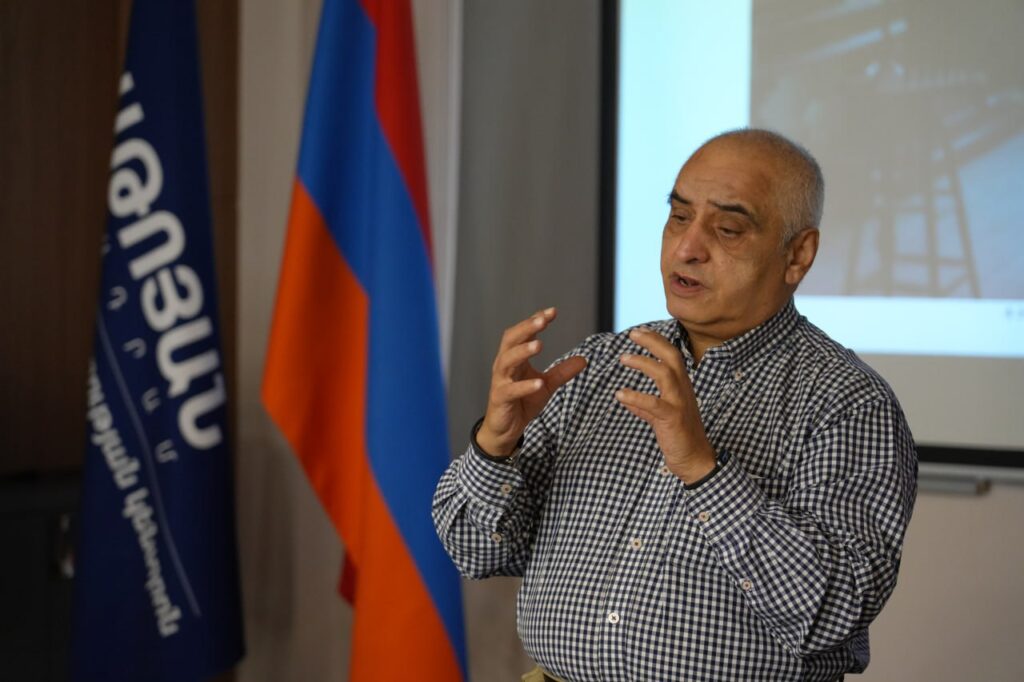










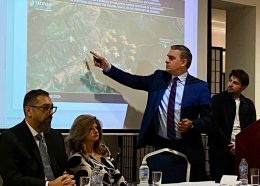

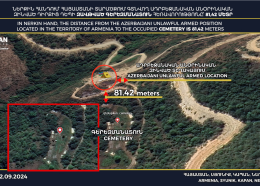

You must be logged in to post a comment.